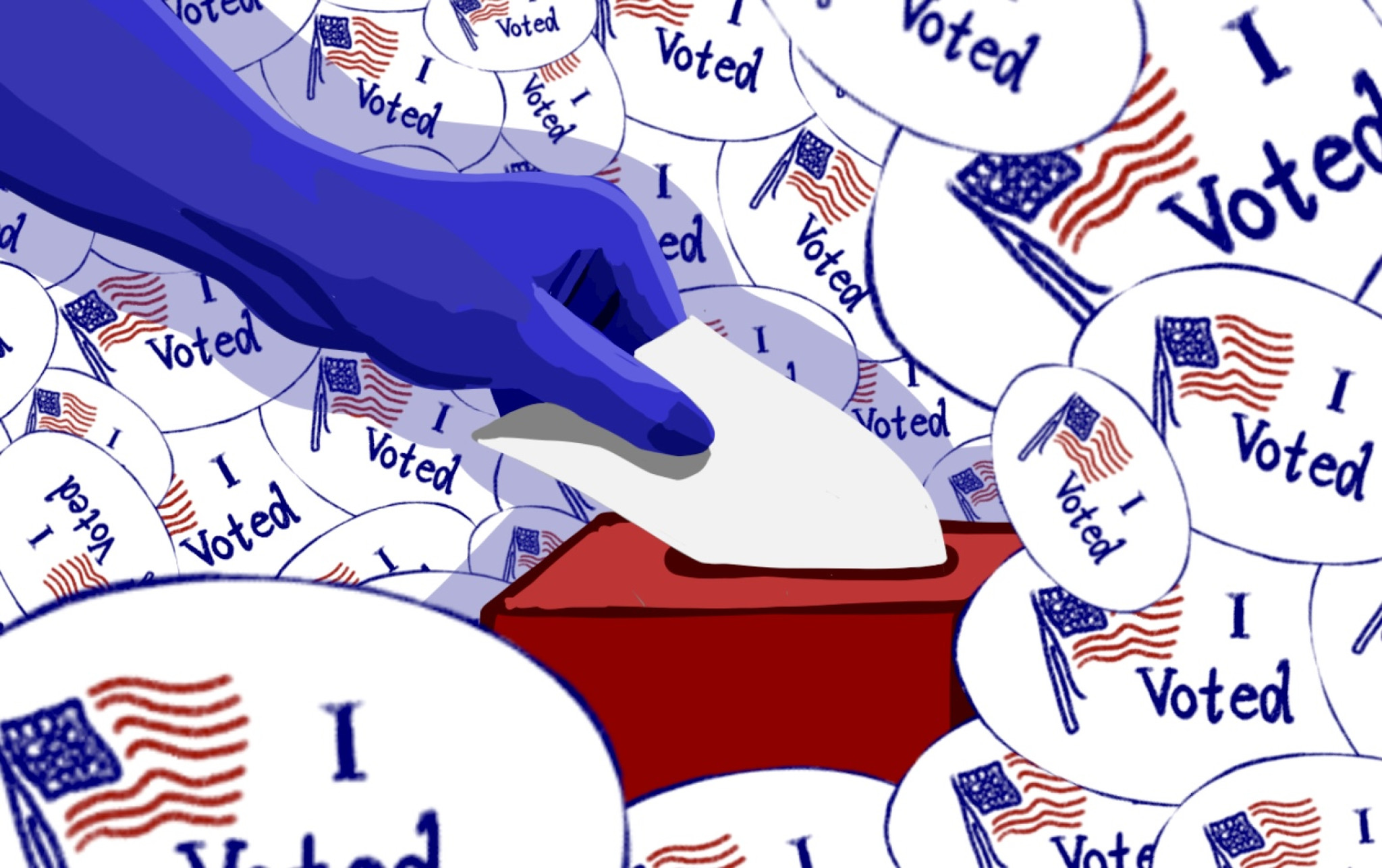In the last four years, two voting measures allowing 16- and 17-year-olds to vote in school board elections passed in Oakland and Berkeley. The two measures, Measure Y1 which passed in Berkeley in 2016, and Measure QQ, which passed in Oakland in 2020, weren’t implemented by Alameda County in time for the 2022 election.
Jordan Mitchell, the local policy fellow for Alameda County Board of Supervisors District 5, explained that Alameda County wasn’t able to submit and provide a plan before the July deadline to enact the measure into law.
“Lowering the voting age to allow students to vote in local elections is an important step in expanding access to our democracy,” said Sophie Hahn, District 5 Berkeley City Councilmember. “Granting 16- and 17-year-olds the ability to vote on issues like school board gives them a voice on the decisions impacting their daily lives.
According to Laura Brill, founder and executive director of the Civics Center, young people ages 18 to 29 turned out to vote at high rates in 2022, and are eager to be involved in policy decisions that impact their lives and futures. However, cities and school districts in California have not gone far enough to help students participate, according to Brill.
Brill also mentioned that even though young people might not have the ability to vote, they can still pre register to vote beginning at age 16 under a current law in California, but most schools and school districts often do not implement these laws.
According to Karina Tafur, a student at Oakland Technical High School, just because students are still attending school and younger than the current age to vote, it doesn’t mean that their opinions don’t matter. She also mentioned that it’s important to talk and think about what could be different in Oakland.
“More places for homeless people to stay, and better public schools,” Tafur said. “People can speak out through social media or contact people that work for Oakland.”
Brill agreed, stating that youth organizers can use their voices by organizing, attending public meetings, continuing to push for laws that support their participation, and helping one another register to vote.
“This provides additional pressure and evidence that the registrar is suppressing student desire to vote,” said Fleig, adding onto Brill. “Attending school board meetings, advocating for student requests at board meetings and in collaboration with the Berkeley High school board representative is all helpful in showing that students are active and want to be involved.”
However, not having the right to vote in the 2022 election is still disappointing to most people who support expanding voting rights.
“I think it’s incredibly frustrating for students. I helped in trying to pressure the registrar from 2017 to 2020, and the fact that it didn’t work then and still hasn’t worked, even when a major city like Oakland passed the exact same measure is absolutely frustrating,” Fleig said. “This is perceived by the registrar as a measure that can be tossed aside in terms of implementation for other, more “pressing” matters, because youth aren’t seen as on the same level as voting adults.”
Lea Williamson, a BHS sophomore in Berkeley International High School (BIHS), echoed this sentiment, stating that these measures got young peoples’ hopes up, especially for individuals who are turning 16.
“Here we definitely get a taste of how much coming together can really create change,” Williamson said. “I thought that maybe we could create some real change as young people because like what students advocating for voting rights said: the rules and decisions they’re making for us aren’t even letting us get a say in our own future.”
Matt Meyer, president of the Berkeley Federation of Teachers, further echoed this sentiment, stating that the idea of democracy rests on the principle that those who are impacted by the decisions of leaders have a say in who makes the decisions. According to Meyer, 16- and 17-year-olds are active and know many issues first hand and so their voice and perspectives should be represented at the ballot box.
"It is imperative that they be involved at every level to guide the electoral process and engage young people in an authentic way," said Treva Reid, District 7 Oakland City Councilmember. "That authenticity will, in-turn, allow our policies to reflect youth voices and enhance our collective quality of life in an equitable manner."
Hahn further mentions that lowering the voting age leads to students registering and voting for the first time in high school, which can help develop a lifelong habit of voting.
“Whoever is telling young people that they don’t matter or they shouldn’t have a voice or they can’t be effective, is just wrong. Four million Americans turn 18 every year,” Brill said. “Imagine if high school students in Berkeley and Oakland took it upon themselves to help spread the word and encourage every high school student across the country to register to vote as soon as they are old enough and to vote in every election. The result will be transformative. Don’t let one setback derail you.”





